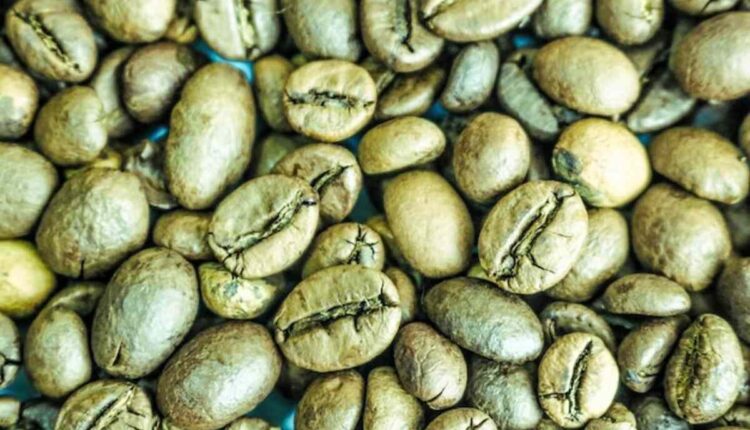Coffee connoisseurs have long abandoned regular coffee from supermarkets. There are several reasons for this – commodity coffee consists of lower-quality beans grown in large, sun-exposed plantations in different regions. In addition, machine harvesting of coffee beans causes the mixing of ripe and unripe coffee beans, and roasting of commodity coffee is carried out to a uniform dark color without regard to preserving the bean’s taste. All these factors combined are impairing the taste of coffee, thus preventing its subtle notes from being felt.
When buying specialty green coffee, you have the opportunity to try several different drinks at once because you will do the roasting of the beans yourself. Green coffee has a long shelf life, so it’s a good investment, especially if you’re an avid coffee drinker. To be sure that you have chosen the proper specialty coffee, check the following:
Origin and marking of single origin. Specialty coffees are often labeled with country, region, or even a specific farm of origin. This information allows you to trace the source of the coffee.
Check the roast date on the package. Specialty coffees are usually freshly roasted, and the roast date ensures you get coffee with maximum freshness and aroma. When buying green coffee, this point should be ignored.
Pay attention to the beans’ appearance. Specialty coffees often go through a sorting process where the beans are graded based on various factors such as size, shape, and imperfections. Specialty coffee beans are usually of higher quality and uniform shape and size. Depending on the degree of roast, they may have a distinct color with darker or lighter hues.
Check for Specialty Coffee Certificates. Some coffees have certifications such as Fair Trade, Rainforest Alliance, or Organic. These certifications indicate ethical and sustainable sourcing practices.
Search for unique flavors. Specialty coffee is known for its complex and unique flavor profiles. Look for tasting notes on packaging or product descriptions that describe the aroma and taste of the coffee.
Buy specialty coffee from reputable specialty coffee roasters. They are often passionate about finding high-quality beans and will provide information on coffee origins and flavor profiles.
Look at the cupping rating. Some specialty coffee brands may display a cupping rating, a numerical rating given to a coffee after a professional tasting evaluation. Higher cupping scores indicate better quality.
Prepare for a high price. Specialty coffees tend to be more expensive than regular coffees due to their higher quality and unique characteristics. Although the price itself is not the final indicator, it can give you an idea of the quality of the coffee.
Understanding specialty coffee includes attention to the coffee’s origin, roast date, appearance, certificates, flavor notes, and reputation of the roaster. Learning about the different types of specialty coffee and developing your taste will also help you appreciate the unique flavors and qualities of specialty coffee.
Read Also: How to Make Macaroni and Cheese Healthier

